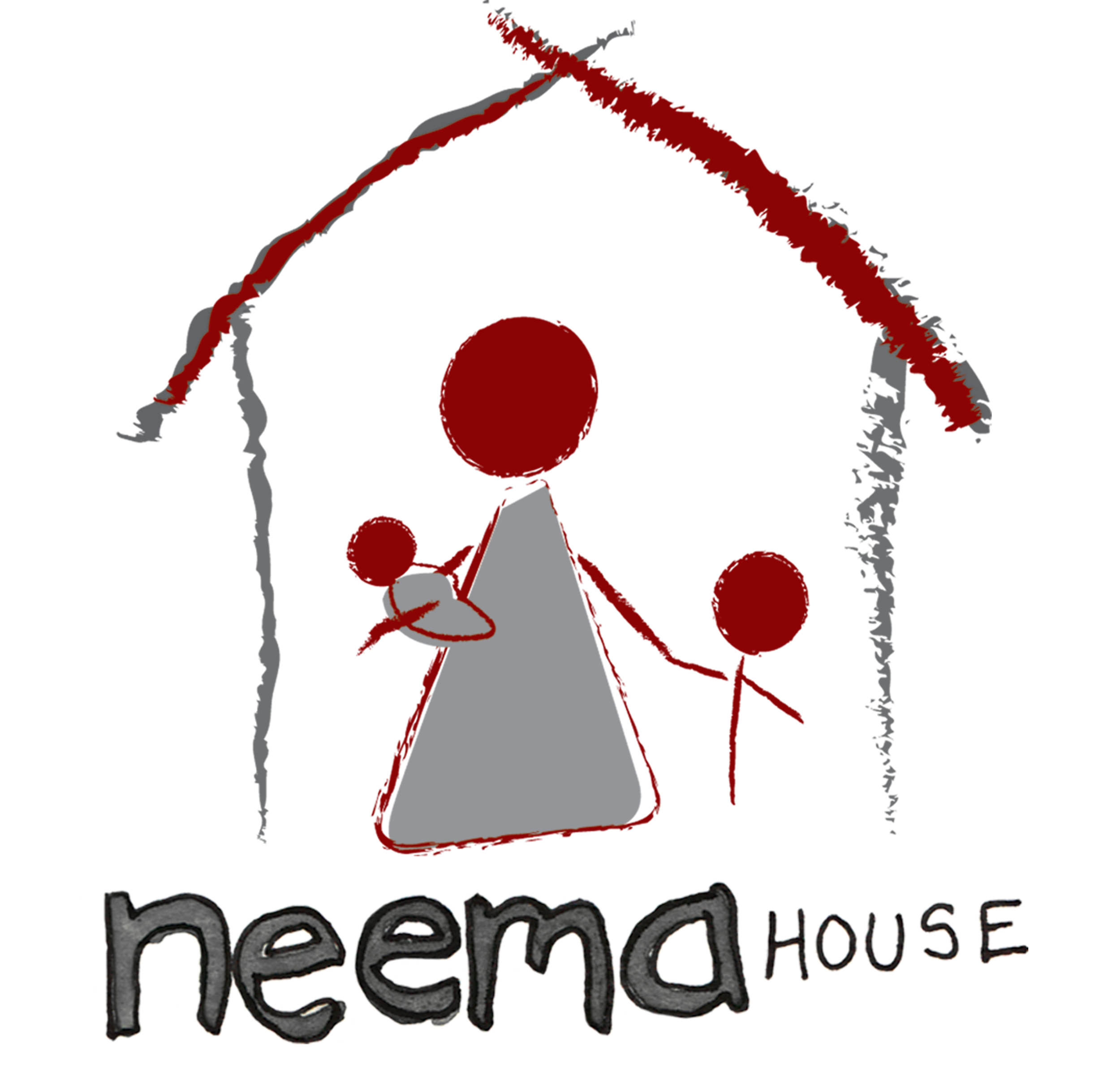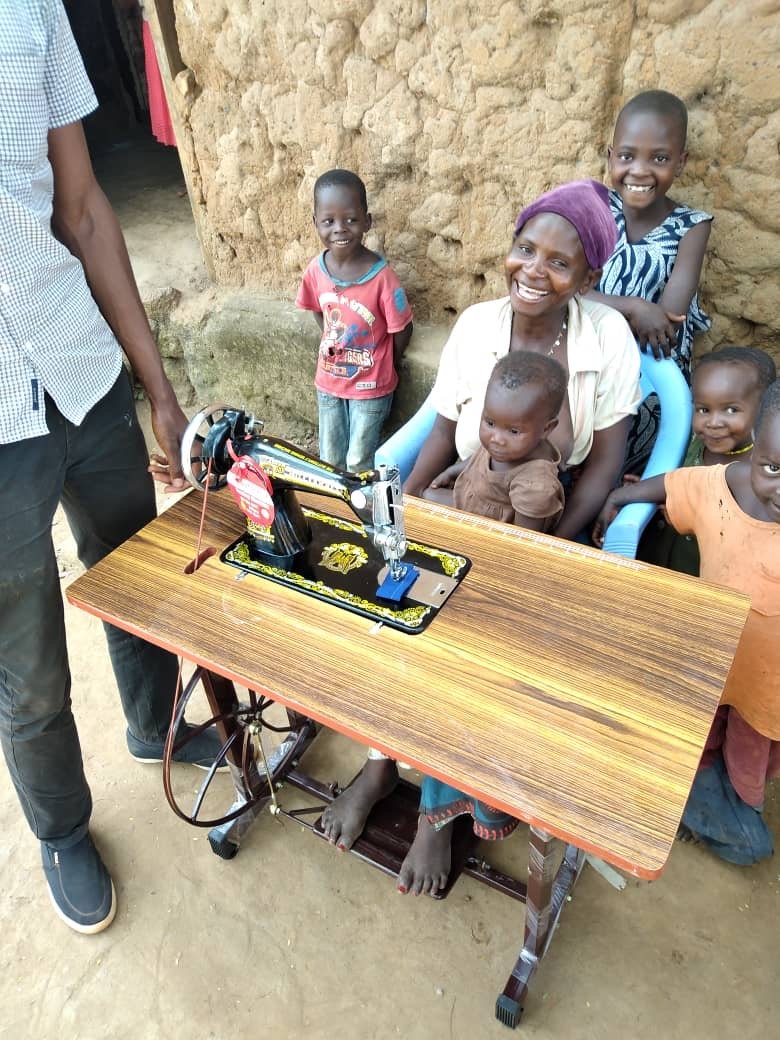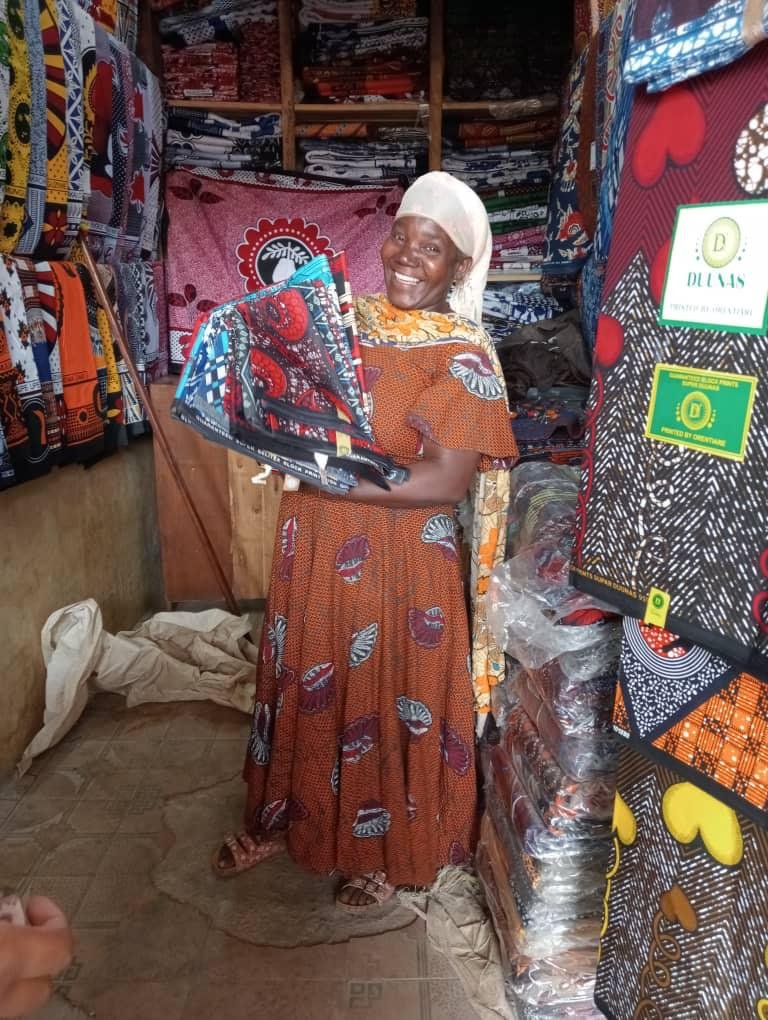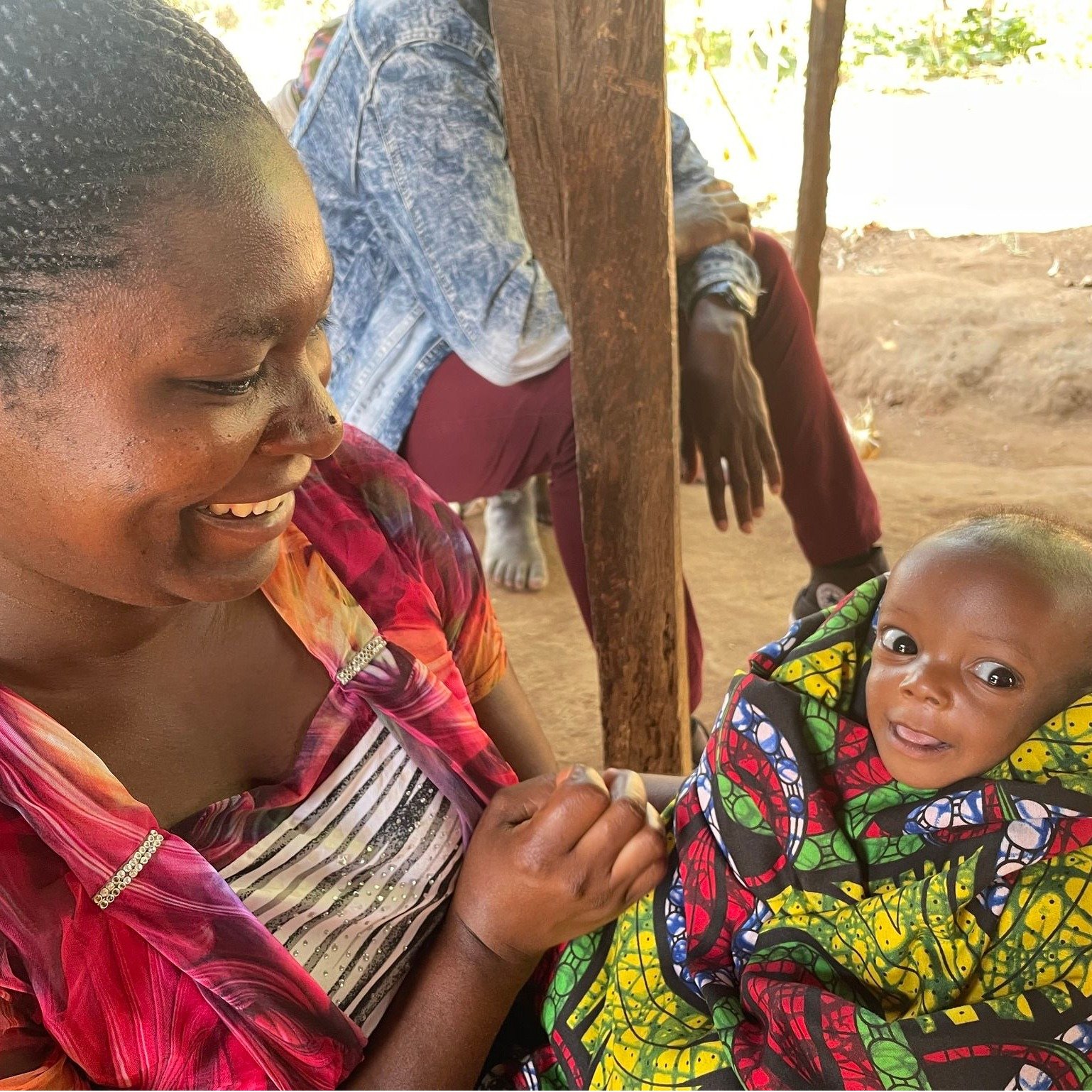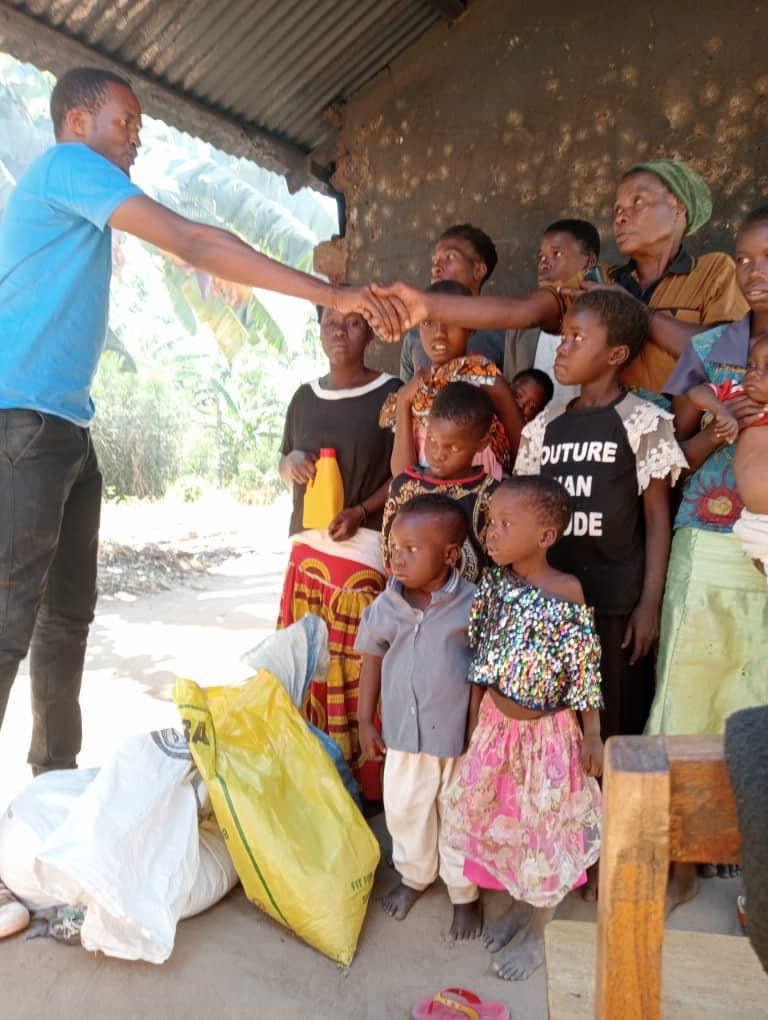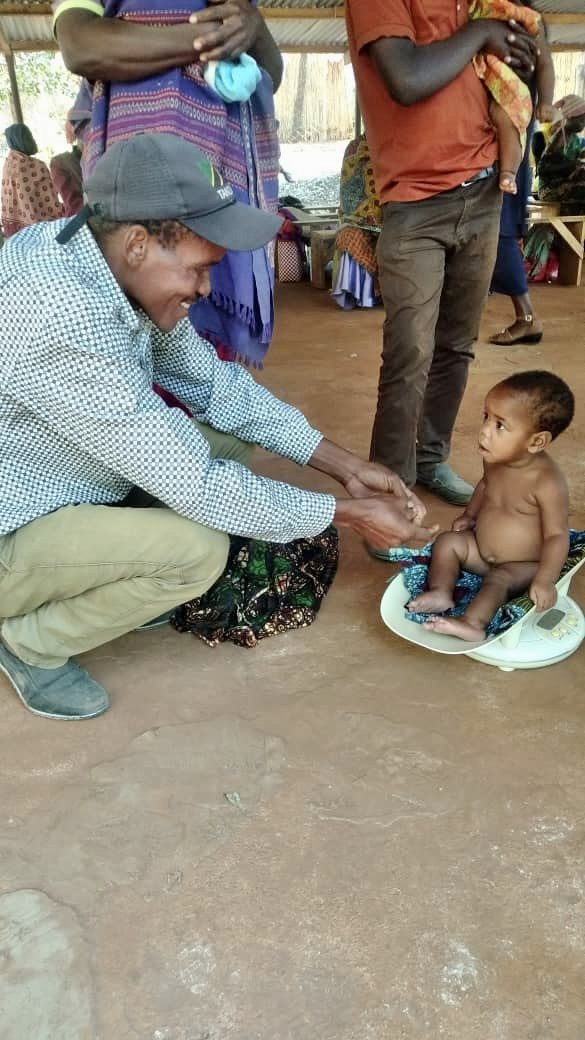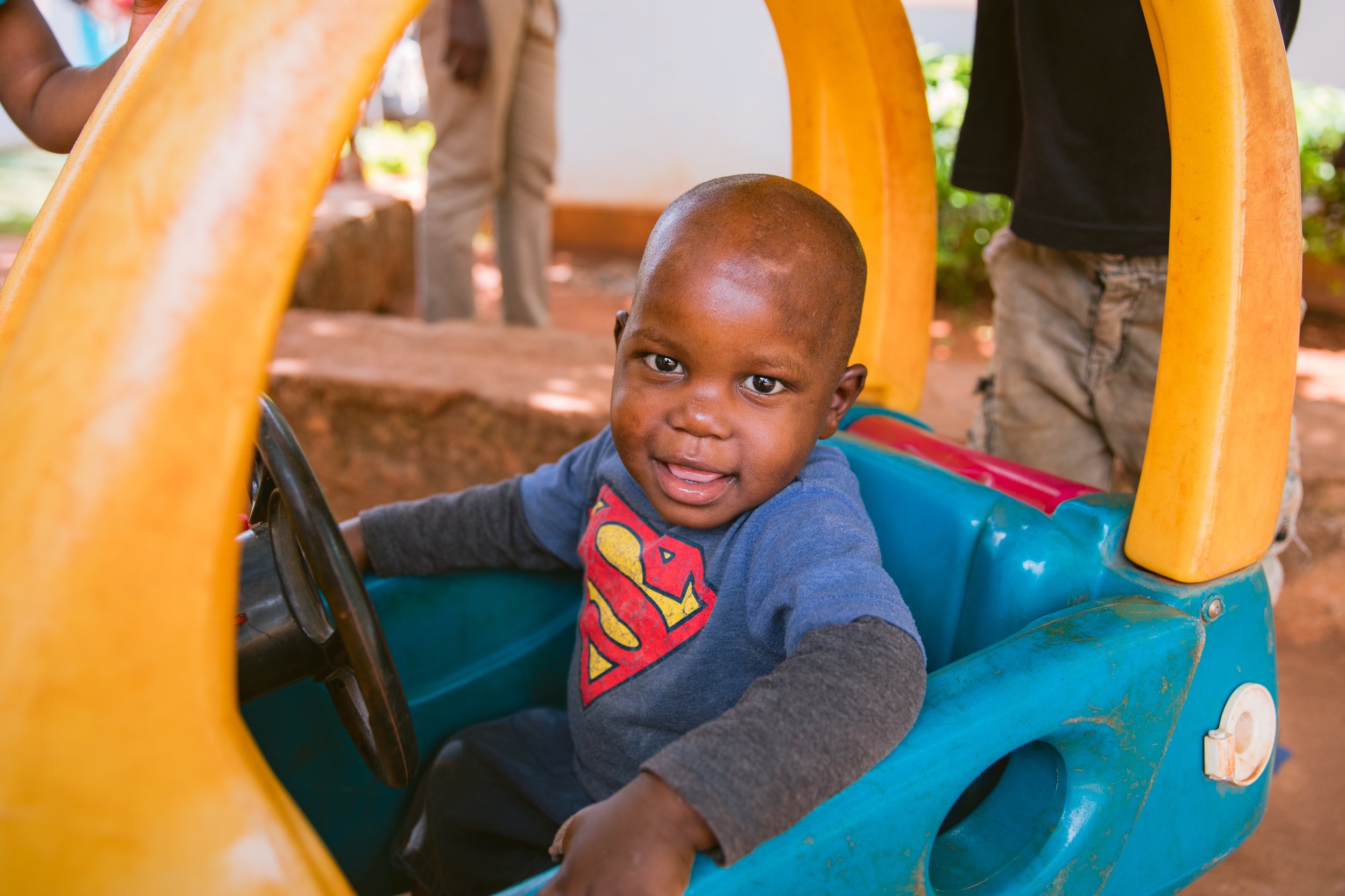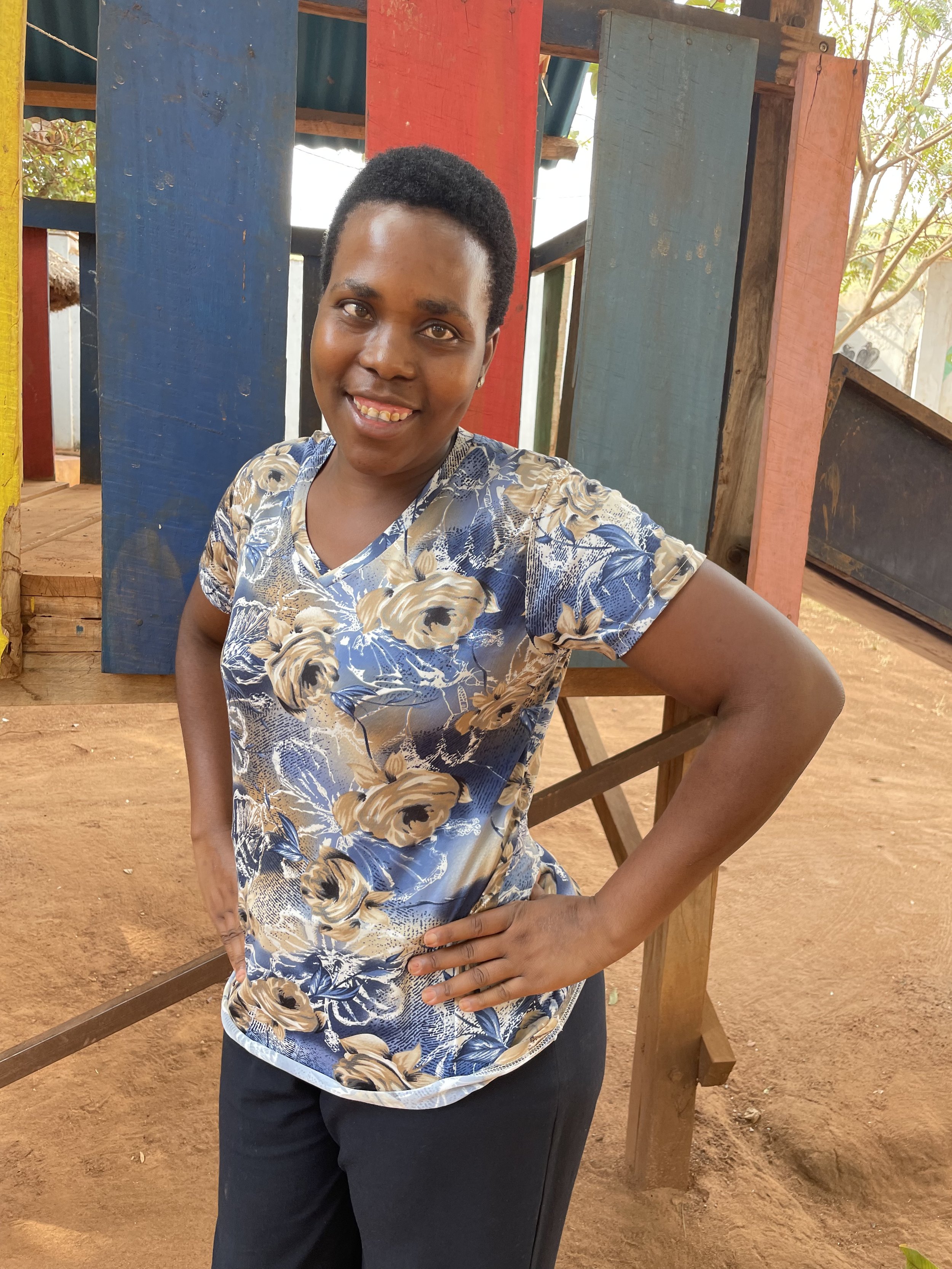Our Story
Neema House is an interim care home that was built to serve orphaned, abandoned, and at-risk children ages 0-5 in the Geita Region. It was opened in Geita Town in June 2013 and was initially set up to serve up to 20 children at a time. Since then, Neema House has expanded its facilities to include separate baby and toddler homes, thus increasing capacity and improving quality of care, as well as developing a classroom space for the children, an outdoor classroom space for community outreach trainings, and a family home for older, school-aged children who have not been able to be placed with family. Neema House is the only home in the Geita Region serving children under the age of five.
Neema House works in connection with the local hospitals, clinics, and government social welfare offices to identify children in need and ensure their care and safety. While at Neema House, children are provided food, clothing, shelter, medical care, education, and love. Day-to-day care of the children is provided by Tanzanian caregivers to help ensure that they are raised in their Tanzanian culture as much as possible and therefore more easily reintegrate into homes in the community.
Though many children are orphaned due to AIDS, TB, other diseases, or abandonment, most children have extended family in the area who often have no knowledge of the child. Neema House is committed to maintaining and developing a relationship with any extended family these children may have in the hope that as many children as possible may reunited with their families. Children who do not have any known family will remain in the care of Neema House until further long-term plans can be arranged to ensure the child's care and safety, ideally through fostering / adoption.
Neema House was designed with the purpose that people from the Geita community will experience the grace and abundance of God through tangible acts of love and service. It seeks to be involved in the community and a partner with social welfare to address the needs of children in the Region of Geita.
Since its conception, Neema House has developed a greater focus on community outreach to support children in their homes and prevent the need for out-of-home placement whenever possible. In 2016, Neema House implemented the Maisha Matters Project in Geita to address the problem of infant malnutrition and death following the death of the mother (often in child birth), when a mother is unable to breastfeed (often as a result of HIV or other illness), or in other cases of severe malnutrition due to lack of appropriate food, nutrition, or simply due to lack of nutritional knowledge. This program combines milk support, parent education, and empowerment of women through business set-ups for long term sustainability and often successfully prevents the need for out-of-home placement of children. Upon request of the Geita Regional Hospital, this program has been expanded to support all children under age 5 who have been diagnosed with severe malnutrition. Neema House offers emotional support and parent education while children are hospitalized and then continues with supplemental nutrition and education following their discharge.
No matter in what capacity we are involved, Neema House always desires what is in the best interest of each child.
Our Objectives
At Neema House, we seek to care for children when they are most vulnerable, to ensure their health and well-being, and to develop long-term plans for a safe and loving home in the community, preferably with family. When children are found abandoned or at risk of safety, we offer residential care on an interim basis until other long-term plans can be made. Neema House focuses on family reunification first and, when that is not possible, completes the necessary processes to make children available for adoption.
When possible, however, we seek to offer support to families in the community to prevent the need for out-of-home care, particularly in instances of maternal death or severe malnutrition and health concerns. This support could include: infant milk formula support, nutritional counseling and support, parent / caregiver education and training, provision of mosquito nets, assistance with business start-ups for long-term sustainability, medical assistance, or other follow-up support.
Through this support, we strive to meet our overall objectives at all times while working with families: reduce poverty and hunger; reduce malaria and other diseases; reduce infant mortality; improve quality of life; improve education and life skills; and improve family nutrition.
